Decades of Grassroots Learning Equips E-CARE to Help Transform Region
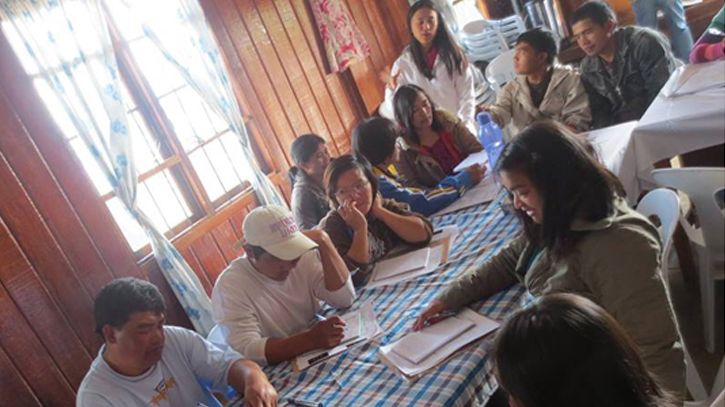
I live in a house located about 50 yards up a slippery dirt and limestone path, on the side of a valley that surrounds Poblacion Tadian. The house, luckily for me, is also situated at a prime vantage point to view the compound of Saint Michael and All Angels parish, which is where the South East Asia and Pacific Community Development Training Center is located. I get to see the sunrise every morning across the valley and watch the land and its residents come to life.
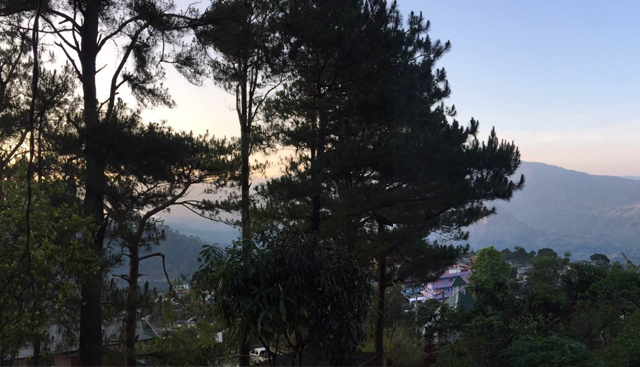
This year marks the 2nd Annual South East Asia and Pacific Community Development Training, a unique event that brings together participants from Myanmar, the Solomon Islands, Papua New Guinea, Vanuatu and the Philippines to learn new skills and knowledge they can take back to their own communities to build resilience. The training is led by the Episcopal Community Action for Renewal and Empowerment Foundation (E-CARE), the community development arm of the Episcopal Church in the Philippines (ECP).
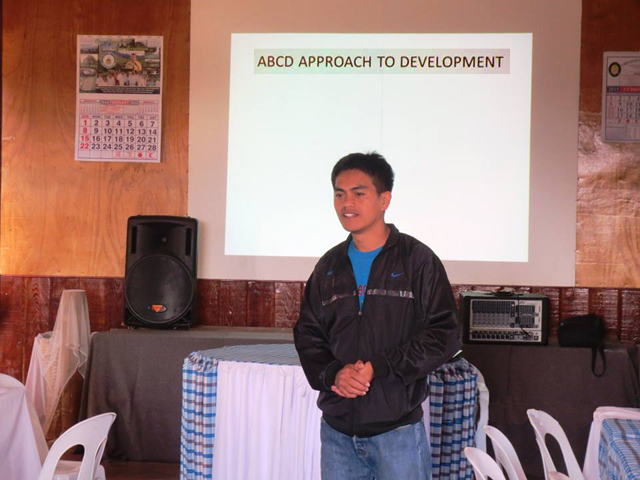
A common theme amongst developing churches, regardless of region and creed, is the desire to achieve autonomy and self-sustainability. From Latin America to the Pacific Islands, this desire by communities for operational and church self-sufficiency is felt. Through deep faith and steadfast work, the Episcopal Church in the Philippines has successfully navigated the trials and tribulations of achieving sustainability and autonomy. And, through those autonomy-achieving years, the ECP has built unique skills and gained insights into not only the development of the church and its respective congregations, but of the communities they serve, too.
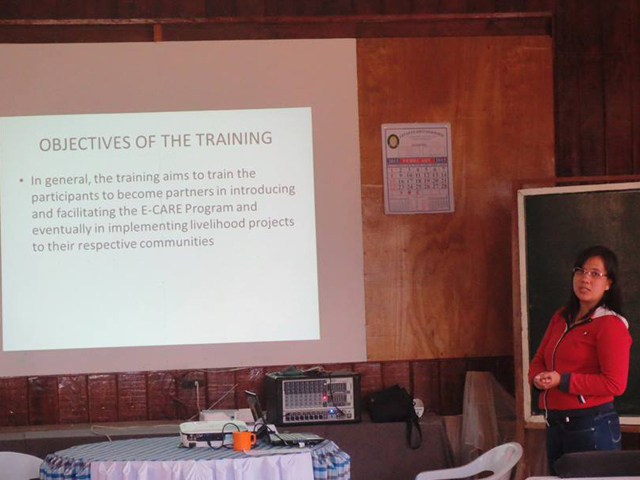
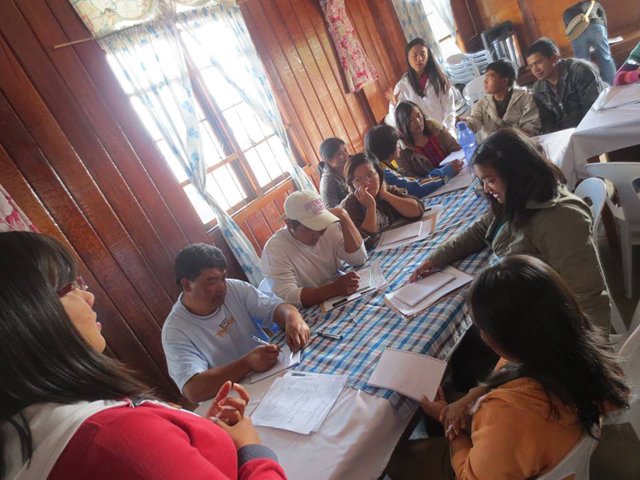
What distinguishes this type of training from other development foundation or NGO trainings? For one thing, it is the first of its kind. There are no other former provincial churches, of either The Episcopal Church or the Anglican Communion, that have been able to make the growths and gains that the ECP has. This is what makes the ECP, E-CARE and their trainings so important, influential and exciting!
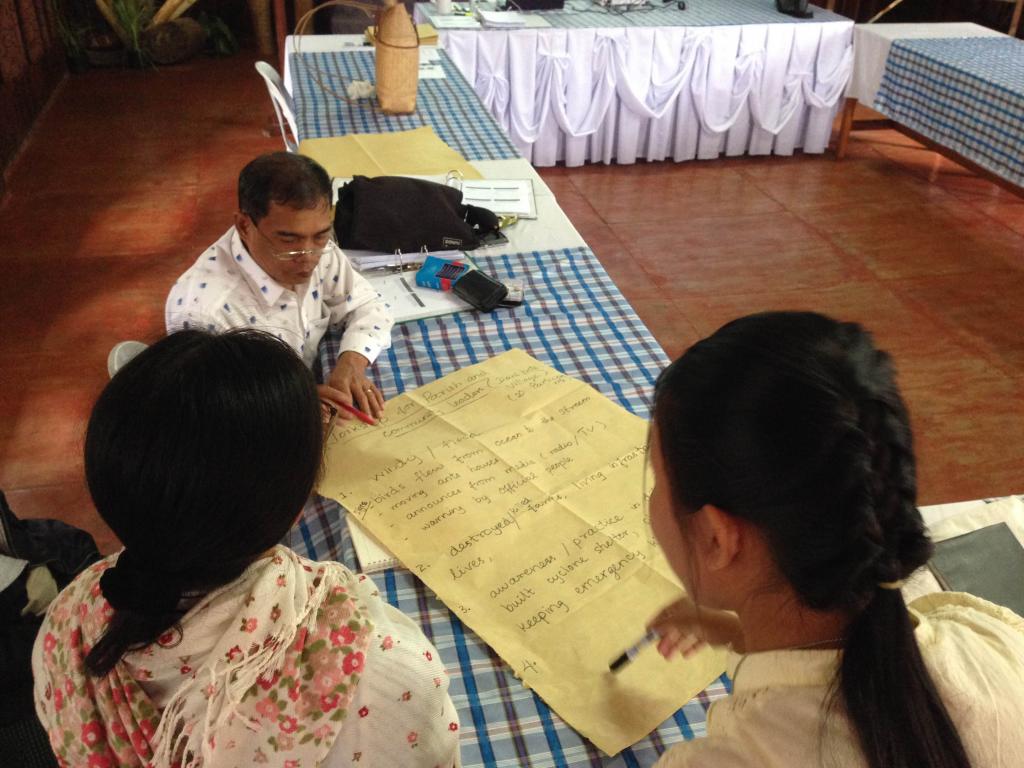
On the first day, after the excitement of arrival and anticipation dies down and people come into the sunlit room, they start off a bit wary of the unknown people around them. A broad-shouldered, curly-haired, wide-smiling giant of a man from the Solomon Islands is a foreign sight to a fair-skinned, soft-spoken health worker from Myanmar, and vice-versa! Initially things can be unbearably quiet and awkward. However, as the day moves on, an almost magical change begins to take place. The veil of the unknown is cast aside, and the commonalities and similarities begin to emerge, creating an atmosphere of acceptance, empathy and respect in which everyone feels comfortable sharing their ideas and experiences. It’s a beautiful thing to witness.
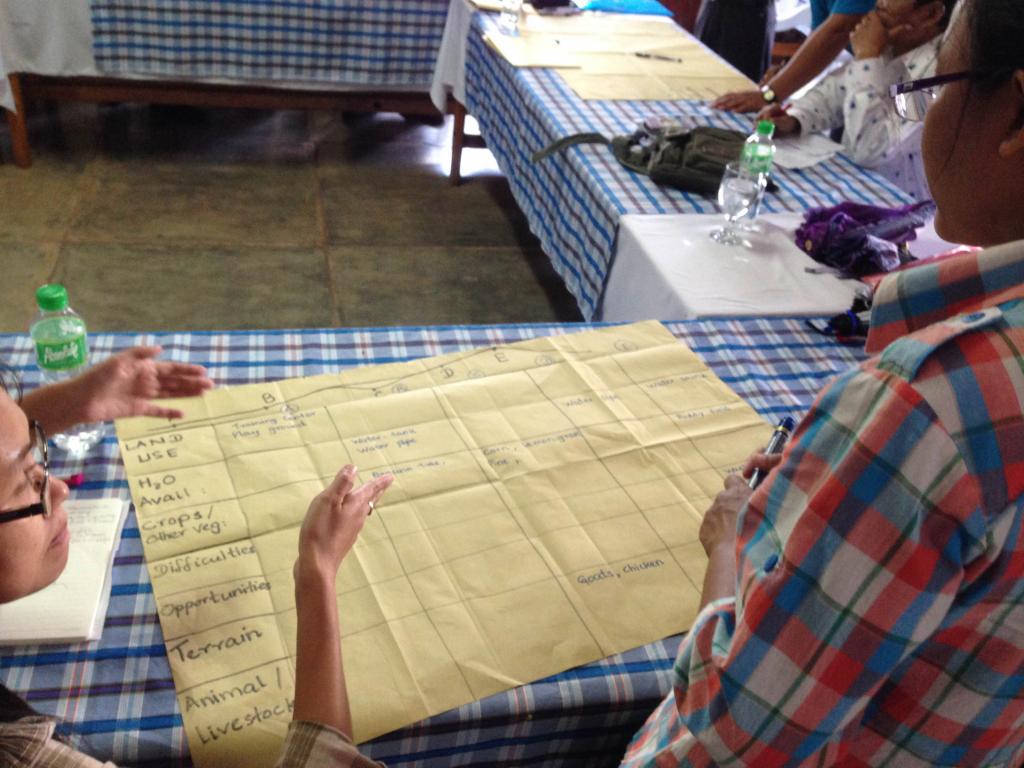
————————–
Andrew Wootson is our Manila-based development consultant working with our South East Asia and Pacific Anglican partners.
Images: Top, view from Andrew Wootson’s room. Remaining images are of E-CARE trainings 2014-15.


